Borrower Overview
TriLinc has provided financing to a trading and manufacturing company involved in the wholesale distribution of fast moving consumer goods, food, and agricultural products, industry and specialty chemicals, and the manufacturing of polyurethane products. To minimize its environmental footprint, the company has implemented a “reduce/reuse/recycle” approach within its standard operating procedures and incorporates waste reduction and end-of-life recycling into its supply chain management through various reusable packaging models. The Borrower began its business operations by selling domestically in Malaysia and is transitioning into becoming an important distributor in the ASEAN region through cross border trades with Vietnam, Indonesia, Thailand, and Sri Lanka. This growth has led to the company expanding its employee base by over 10% year-over-year since 2014. Within the region, the company will be supplying goods used in construction, infrastructure development, and wastewater treatment, in addition to food products like cashews and edible oils.
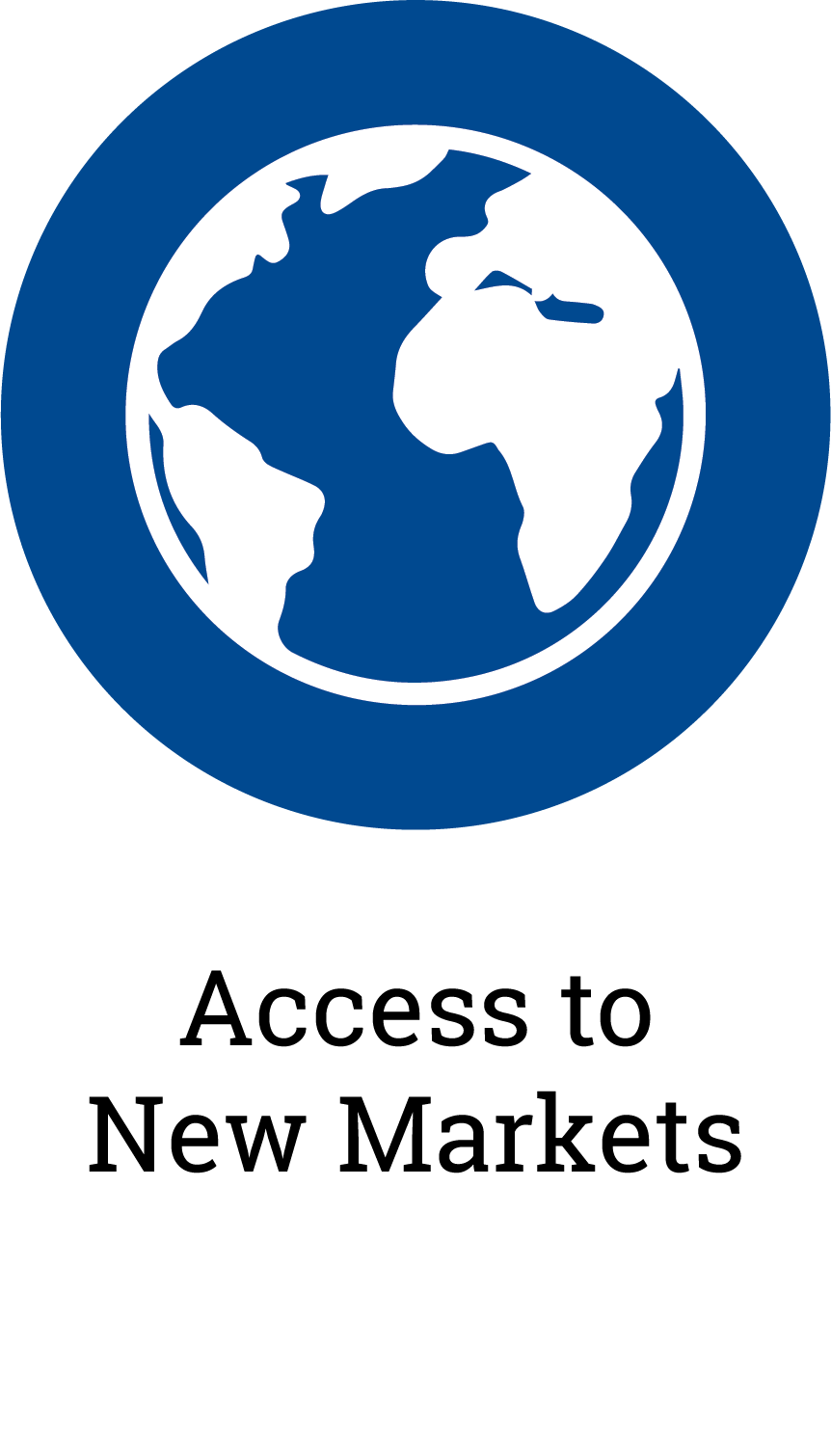 |
 |
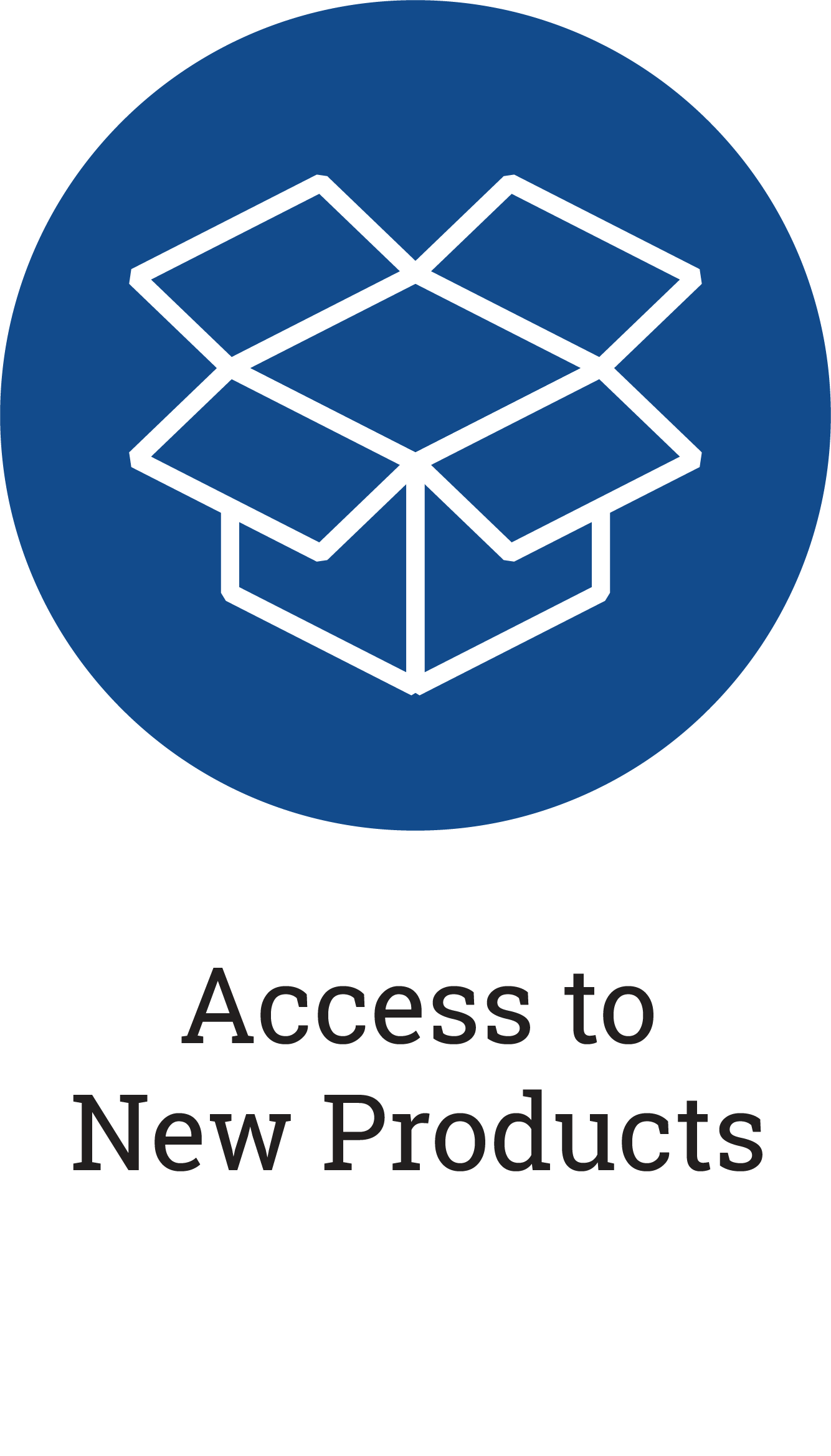 |
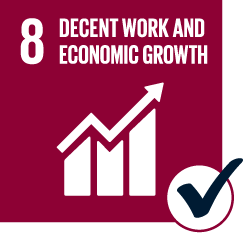 |
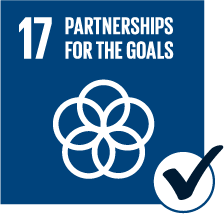 |
Market Overview
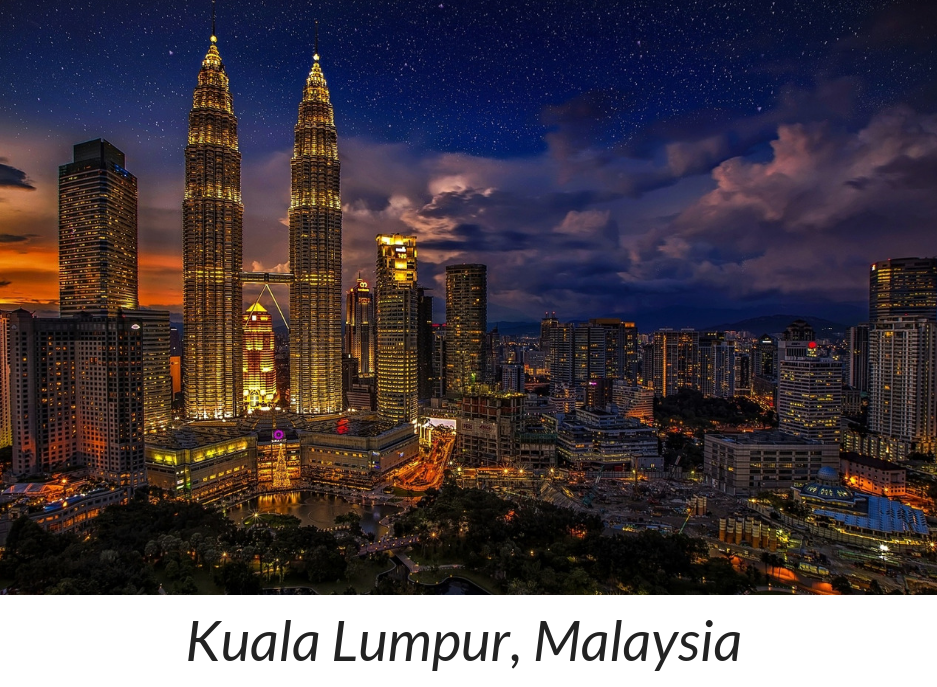
Malaysia is classified as an upper-middle income country by the World Bank.1 Between 2010 and 2016, GDP growth rates averaged approximately 5.4%. The country’s main exports are concentrated in semiconductors and electronic equipment, palm oil, petroleum, and liquefied natural gas, wood and wood products, rubber, textiles chemicals, and solar panels. Similar to its exports, the country’s main imports are focused in electronics, machinery, petroleum products, plastics, iron and steel products and chemicals.2 The country is positioned as the 20th largest export economy in the world, with a positive trade balance of $27.4 billion.3
Malaysia meets TriLinc’s standards for its performance across relevant growth stability and access metrics. 4 In 2017, it ranked fourth across the East Asia and Pacific region on the World Bank’s Ease of Doing Business Index.5 Access to financing and foreign currency regulations are seen as the most pressing barriers for the country’s productivity and competitiveness.6 As the tenth largest economy in the East Asia and Pacific region7 with a GDP of $296.5 billion, the country’s well-developed financial sector, business sophistication, and innovation led Malaysia to benefit from the estimated $493.2 billion in foreign direct investments that flowed into the region in 2016.8 Robust domestic demand across East Asia & Pacific region has helped spur regional GDP growth to 6.3% in 2016, and is projected to stabilize at 6.1% by 2019.9
Additional Sustainability & Impact Highlights
- Investing in Employees – The borrower reports that it is constantly investing in its employees offering competitive wages, providing on-site training, and sending employees to off-site training at factories to increase their product knowledge. They have a 5%+ growth in employees every year for the past three years.
- Outstanding Place to Work – The company reports that it has a comprehensive human resource policy adhering to fair recruitment, career advancement, and fair compensation policies. The firm provides health insurance, business travel insurance, and retirement benefits in line with the National Employee Provident Fund Scheme. Additionally, employees are granted paid leave for one day per year to participate in community service activities.
- Safety and the Environment – The company reports that it employs an Occupational Health and Safety Management Plan for operations within the production facility, complies with an ISO 9001 Quality Management System Certification, and has a rigorous waste reduction and recycling program throughout its supply chain management system.
1The World Bank, World Development Indicators Database, Malaysia, 2016 2CIA World Factbook, Malaysia, 2017 3The Observatory of Economic Complexity, Malaysia, 2016 4There is no assurance that our investment in this company or this market will be successful 5The World Bank, Doing Business, East Asia & Pacific 2017 6World Economic Forum, Global Competitiveness, 2017 7The World Bank, World Development Indicators Database, 2016 8The World Bank, Data, East Asia & Pacific, 2016 9The World Bank, Global Economic Prospects, June 2017
The above information is as of the initial date of investment: March 31, 2017.
RISK FACTORS
There is no guarantee that TriLinc’s investment strategy will be successful. Investment in a non-listed LLC involves significant risks including but not limited to: ownership is restricted; no secondary market; limitation on liquidity, transfer and redemption of ownership interest; distributions made may not come from income and, if so, will reduce the returns, are not guaranteed and are subject to management discretion. TriLinc selects investments and conducts operations on behalf of its clients, and will face conflicts of interest. Investment with TriLinc is not suitable for all investors. Securities Offered through CommonGood Securities, LLC, a member of FINRA and SIPC.
An investment with TriLinc carries significant fees and charges that will have an impact on investment returns. Information regarding the terms of the investment is available by contacting TriLinc. This is a speculative security and, as such, involves a high degree of risk. Investments are not bank guaranteed, not FDIC insured and may lose value or total value. Some investments may have been made in an investment vehicle that is no longer open for investment. The highlighted investment may or may not have been profitable. There is no guarantee that future investments will be similar.
Want to learn more? Contact Us.
